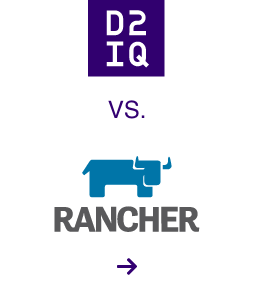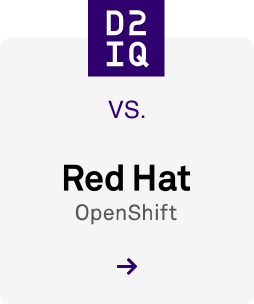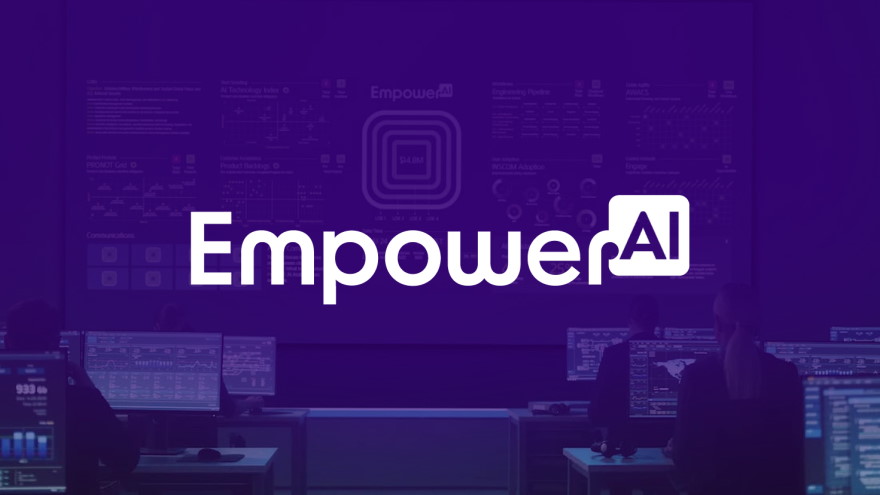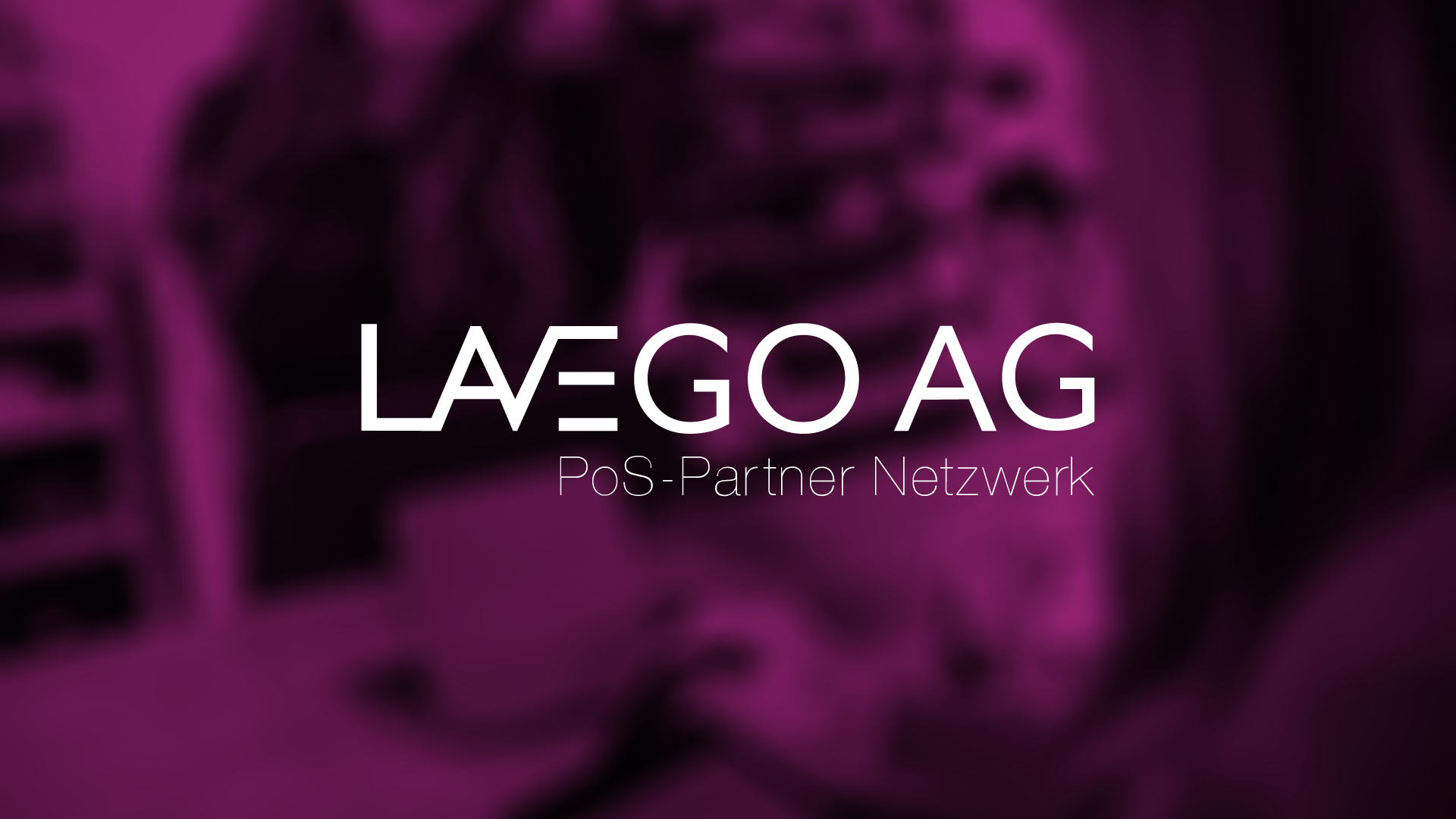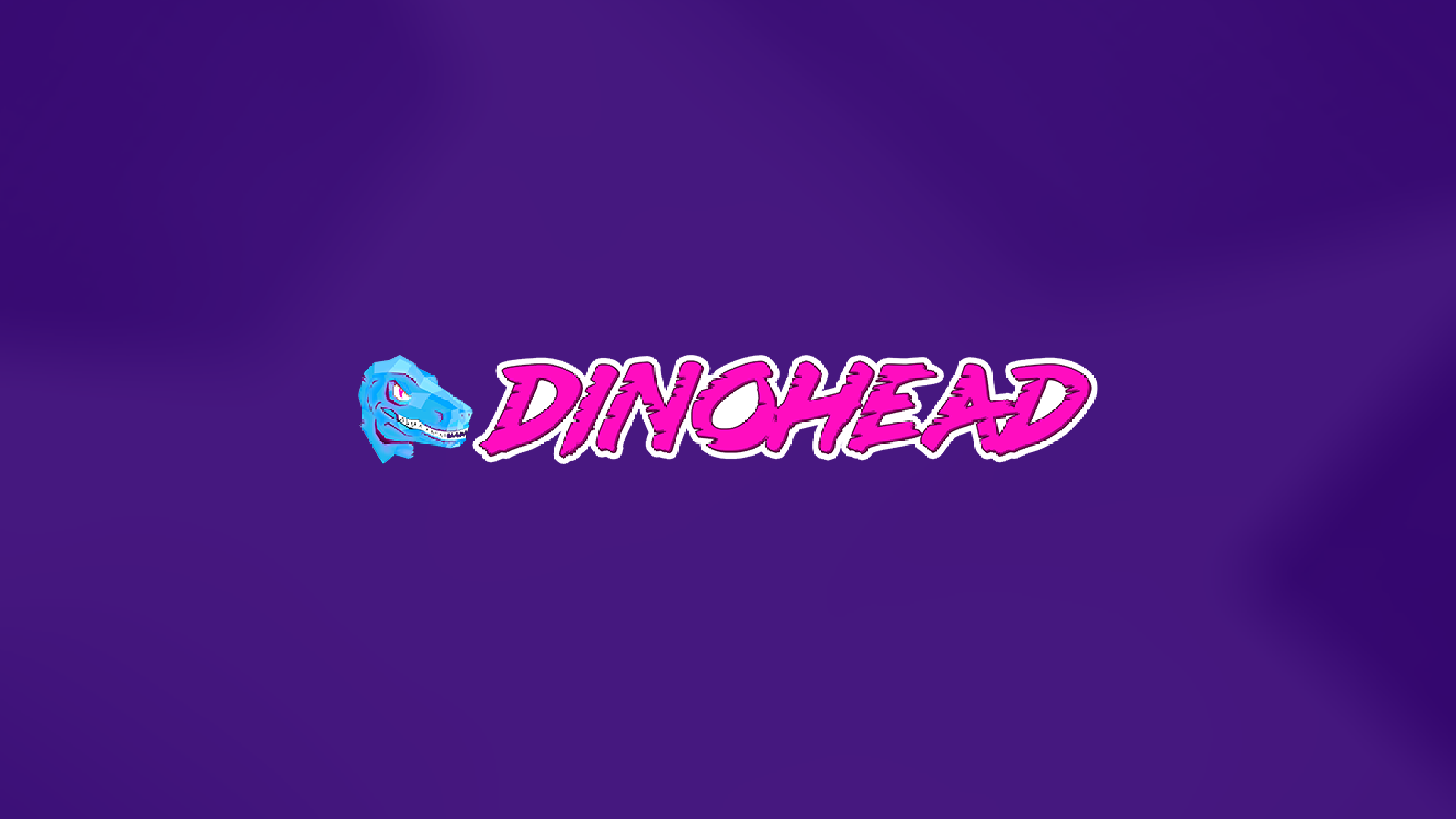Today’s consumers are constantly tethered to their smartphones, and they expect companies to provide highly personalized experiences in real time. As a result, modern businesses are looking to find ways to accommodate their customer’s preferences for easy access to information and services.
That was the situation facing Royal Caribbean Cruises, Ltd., a global cruise vacation company controlling and operating four global brands: Royal Caribbean International, Celebrity Cruises, Azamara Club Cruises, and Silversea Cruises.
Known for driving innovation at sea and keeping a step ahead of competitors, Royal Caribbean has embraced digital transformation internally and externally. Having already unveiled a predictive route optimization system that helps ship captains choose the best route, Royal Caribbean turned its sights to transforming the guest and crew experience.
Royal Caribbean's vision was to make information and services available in real-time on mobile devices to reduce travel friction and frustrations and allow more time for adventure and exploration. D2iQ’s Edge/IoT solution enabled the cruise line to realize that vision.
Enhancing the Guest Experience at the Edge
Each year, Royal Caribbean has spent more than a million dollars in printing costs across its fleet to inform guests of daily ship activities and offerings. Each day, if guests wanted to book an activity or add a special food and beverage package listed in a brochure, they had to stand in line and see an on-board concierge to make that change. By the time they got to the front of the line, there was no guarantee that the additional services they wanted would even be available. Few vacationers like spending their time this way, and the cruise line risked lost revenue from alienating their customers. Complicating matters was the need to accommodate guests on both shore and ship.
Royal Caribbean sought to enhance its guests' mobile experience to improve the quality of service guests received. “The first ship we launched in July 2006 just had a guest mobile app that showed you information about what activities were happening that day,” said Gary Gleckner, Technical Project Manager at Royal Caribbean Group. “Our website had a lot of information on it, but you couldn’t see if there was a spa appointment available at two pm on Tuesday.”
Besides making additional services easier to order, Royal Caribbean sought to improve its guests' onboarding experience. “When you get on the ship, there’s all of this stuff you’re just seeing for the first time, and you have to go through several exercises, like how to put on a life jacket, that take away from your first day,” added Joel Guilarte, Product Owner and Technical Lead for the platform team at Royal Caribbean Group. “We wanted people to get that first day back by accelerating how quickly you get on the ship, learn some of the safety information, and see the type of activities that you can do.”
To enable modern mobile experiences for passengers, the cruise line needed a way to handle mobile traffic and extract data from their legacy systems — without a complete rip and replace. In addition, data needed to be orchestrated across land and sea—which is no small feat. Any downtime to accommodate an upgrade could delay voyages and be costly. Royal Caribbean couldn’t run a cloud on its ships because of space constraints and a limited IT skillset. The cruise line needed an easy-to-use solution that made it possible to deploy the same code on ship and onshore to provide the same experience for all users.
“We had a system that handled dining reservations, a system that handled checking in and swiping your credit card for your charges, but we didn’t have a way to tie that all together so that we could present it in a really cool digital way,” Glecker explained.
Customer Satisfaction and New Revenue Streams
Having worked with D2iQ, Royal Caribbean saw D2iQ as the clear choice to provide the scalable, reliable platform Royal Caribbean needed to modernize its infrastructure and enable digital transformation at scale. With D2iQ as the backbone and service layer, any new application or service could be deployed quickly, easily, and efficiently across its fleet of ships.
In partnership with D2iQ, the cruise line was able to deploy a suite of mobile edge/IoT applications on its ships to improve the on-boarding experience for passengers and unlock new revenue streams. The Royal Caribbean mobile app delivers timely, in-context offers to a new generation of guests who expect to be able to check on-board activities, make restaurant and event reservations, and complete purchases from their mobile devices.
Before D2iQ, you couldn’t see what activities were available on your specific ship. Now you can see that information months in advance with some of the tools that we’ve provided.
Gary Gleckner, Technical Project Manager at Royal Caribbean Group
By reducing the overhead associated with its legacy systems and replacing key components with elastically scalable and resilient architecture from D2iQ, the global cruise line has been able to continue its investment in innovation.
Expanding Capabilities from Ship to Shore
Since first using Mesosphere DC/OS, Royal Caribbean has migrated to the D2iQ Kubernetes Platform (DKP) to expand its capabilities and optimize its resources on-premise and on the AWS cloud. Today the cruise line is running more than 200 microservices on each ship to support the many different functions through which the mobile application enables guests to interact.
“We’ve added facial recognition to our mobile app so you can automatically check in without ever showing a boarding pass,” added Glecker. “We also have kiosks to book shore excursions. And there are a number of back-end things that we’ve added, such as alerting the stateroom attendants when you are off the ship so they can clean your room. DKP has been the backbone of all of these features.”
Adapting with Agility
DKP containerized applications and Kubernetes also gave Royal Caribbean the ability to adapt to the needs of the COVID-19 pandemic.
“We built a lot of different technologies on top of our current platform in a short amount of time to fall in line with the CDC requirements,” Guilarte explained. “We had simulation voyages that would tell us whether guests were fully vaccinated or not, or if a guest tested positive that we could track them down and quarantine them. We’re constantly adjusting things based on the adjusted guidance that keeps on coming. D2iQ has really helped us solve all of these problems.”
The right Kubernetes infrastructure enables organizations to easily accommodate the continual innovation that arises within the open-source community. No matter where the technology landscape is headed, Royal Caribbean feels secure in its ability to reimagine the cruise industry and improve the guest experience through its D2iQ Kubernetes infrastructure.
